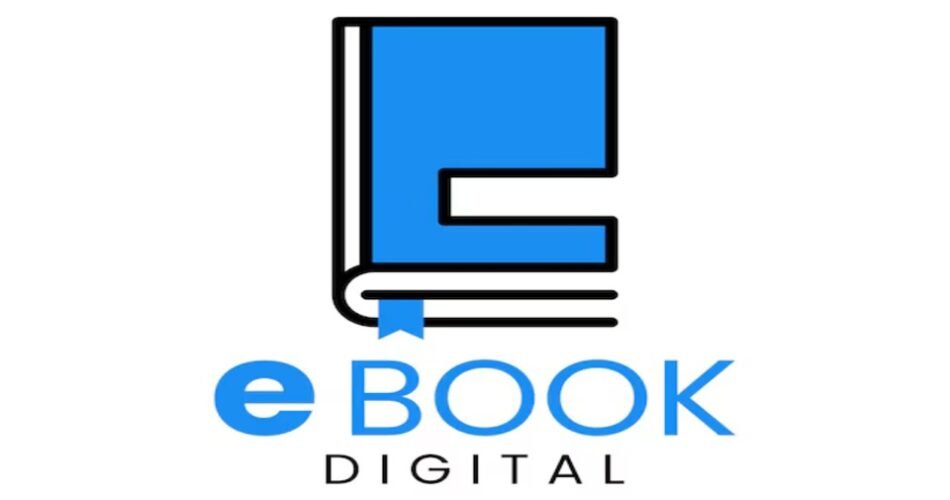Introduction
Books have always been central to human knowledge, imagination, and culture. From ancient manuscripts to mass-printed volumes, the format of reading has constantly evolved with technology. In the 21st century, the digital revolution has given rise to a new chapter in publishing—the eBook. Short for electronic book, an eBook is a digital version of a traditional printed book that can be read on devices such as eReaders, tablets, smartphones, or computers. This transformation has not only reshaped the publishing industry but also changed the way people consume information, learn, and interact with texts.
What Are eBooks?
An eBook is essentially a digital file that replicates the content of a printed book, often enriched with interactive features such as hyperlinks, multimedia, search functions, and adjustable text. Unlike physical books, eBooks can be distributed instantly over the internet, making them accessible to a global audience at minimal cost. Popular formats include EPUB, MOBI, and PDF, each designed for different reading experiences. Platforms such as Amazon Kindle, Apple Books, and Google Play Books have become major players in the eBook ecosystem.
A Brief History of eBooks
While eBooks feel like a product of the 21st century, their origins trace back further than most realize.
-
In the 1970s, Project Gutenberg pioneered digital reading by digitizing literary classics and offering them freely online.
-
The 1990s saw the introduction of dedicated eReaders, though adoption was initially slow due to limited technology.
-
The real breakthrough came in the 2000s, when Amazon launched the Kindle in 2007, combining a portable device with a massive online library.
Today, eBooks are a mainstream format, embraced by students, professionals, and casual readers alike.
Advantages of eBooks
1. Accessibility and Convenience
One of the greatest strengths of eBooks is instant access. Readers can download a book in seconds, carry thousands of titles on a single device, and read anytime, anywhere. For people with visual impairments, features like adjustable font size, text-to-speech, and background color options make eBooks more inclusive.
2. Cost-Effectiveness
Publishing and distributing digital content is cheaper than printing and shipping physical books. As a result, many eBooks are priced lower than their print counterparts. Additionally, public-domain works are often available for free online, expanding access to literature and knowledge.
3. Interactivity and Learning Tools
Unlike traditional books, eBooks can integrate multimedia content—videos, audio notes, clickable references, and interactive quizzes. This makes them especially powerful in education, where they enhance engagement and comprehension. Students can highlight, annotate, and search through texts quickly, making study more efficient.
4. Environmental Impact
In a world increasingly conscious of sustainability, eBooks offer an eco-friendly alternative. They eliminate the need for paper, ink, and transportation, reducing the environmental footprint of publishing. While digital devices do require energy and materials, studies suggest that frequent eBook readers significantly lower their long-term ecological impact compared to printed books.
Challenges and Criticisms
While eBooks offer many benefits, they also face valid criticisms:
-
Screen Fatigue: Prolonged reading on digital devices can cause eye strain, unlike the comfort of paper.
-
Ownership Concerns: Many eBooks are sold under licensing agreements, meaning readers technically rent access rather than owning the content outright.
-
Digital Divide: Access to eBooks depends on devices and internet connectivity, which may not be equally available worldwide.
-
Emotional Value of Print: For many readers, the tactile feel of a book, the smell of paper, and the aesthetic of a bookshelf hold irreplaceable charm.
eBooks in Education and Research
The academic world has seen a rapid shift toward eBooks. University libraries now provide extensive digital collections accessible remotely, saving students from the burden of carrying heavy textbooks. Research databases integrate eBooks with search engines, enabling quick access to citations and references.
Furthermore, open-access publishing has flourished through eBooks, allowing researchers to share their work freely with the global academic community. This democratization of knowledge is particularly important in developing regions, where traditional books may be scarce or unaffordable.
The Future of eBooks
Looking ahead, eBooks are expected to evolve in several ways:
-
Enhanced Interactivity: Future eBooks will integrate augmented reality (AR) and virtual reality (VR), turning reading into an immersive experience.
-
AI-Powered Personalization: Artificial intelligence may recommend custom reading paths, summarize chapters, or provide instant translations.
-
Blockchain Publishing: Decentralized systems could give authors greater control over royalties and copyrights, addressing current ownership issues.
-
Hybrid Models: Rather than replacing print, eBooks will continue to coexist, giving readers the freedom to choose formats that fit their preferences.
Conclusion
The rise of eBooks marks a pivotal shift in the history of reading. They combine the timeless value of books with the speed, flexibility, and innovation of digital technology. While debates around print versus digital will continue, it is undeniable that eBooks have expanded access to literature and learning across the globe. For students, professionals, and casual readers alike, eBooks represent not just a format but a revolution—one that is shaping the way knowledge is created, shared, and preserved for future generations.
